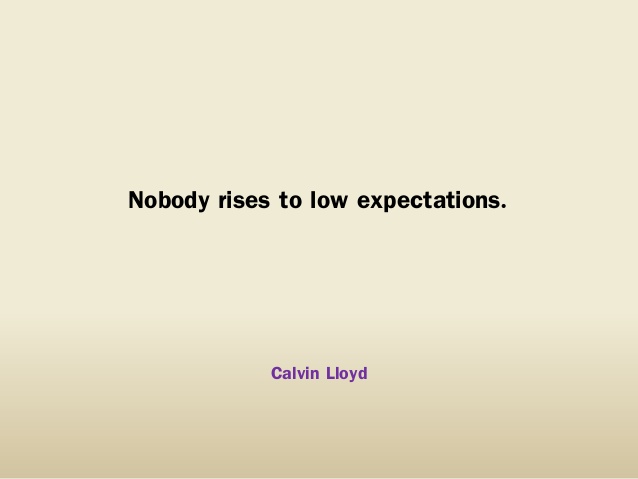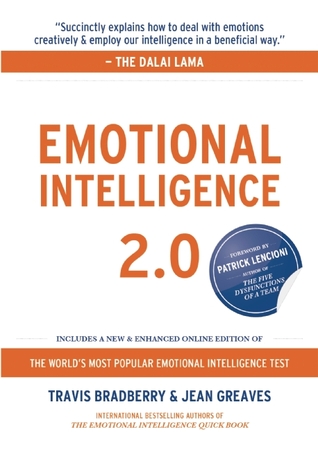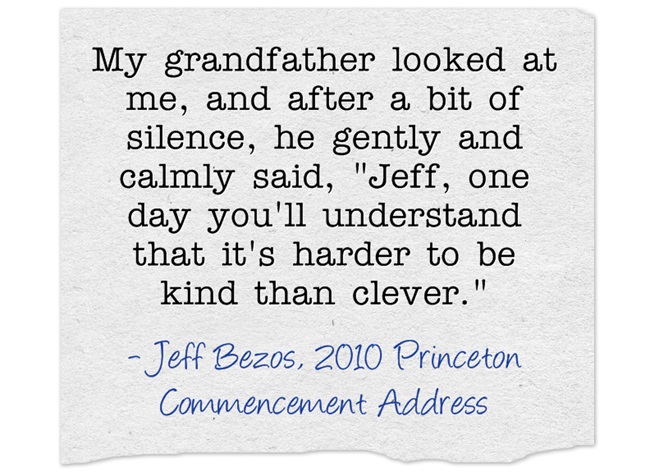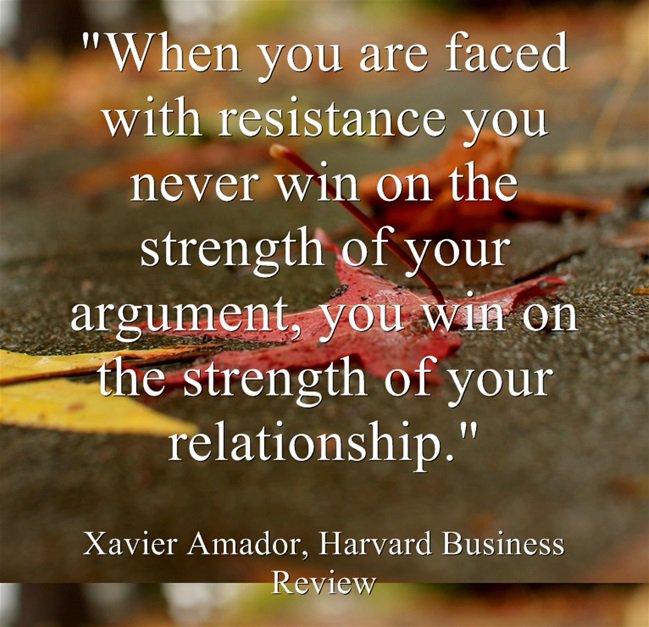 Photo Credit: Pixabay
Photo Credit: Pixabay
I love Mondays! It’s ripe with possibility…and prospects of new beginnings. The tricky part of the start of any week is not settling into your work station and returning to the “same ol’, same ol'” – whatever that might entail. Even when we are excited, or at least hopeful for what’s next, we can default to usual rhythms and routines. They are familiar and comfortable (at least on the surface). Neuroplasticity – the brain’s ability to restructure itself after training or practice – can be both our enemy AND our friend.
If you love your work and you see how you fit integrally on your team, and you love your team, that is fantastic! Celebrate that every day! For you, I would just love if you could take a minute and comment below. What do you see at work in your situation? What do you do yourself to nurture that workplace experience?
[Even if you love your job, would you be willing to consider how you could help other teammates to have your experience and move to the top of their professional game?]
Adam Grant is one of those guys who loves his work…and shares generously with all his readers and TED Talk and podcast viewers/listeners. Photo Credit: Flickr
Photo Credit: Flickr
WorkLife with Adam Grant: A TED Original Podcast
Adam (he makes it feel comfortable to refer to him by his first name) is an organizational psychologist and professor at Wharton Business School. He’s authored excellent books and is now moving into a new role as pod-caster. He has affirmed much of what I believe about workplace culture and its impact on day-to-day function, employee engagement, and outcomes/product.
Author, entrepreneur Damon Brown interviewed Adam Grant and posted recently on the traits of companies which are the most highly functional. His findings weren’t surprising to me, but I’d like to hear what you think.
Best-Selling Author Adam Grant: The Most Highly Functional Companies Have These 3 Traits – Damon Brown
3 Traits of the Most Highly Functional Companies:
- These companies make a high priority of helping their employees discover both their weaknesses and strengths, together with their coworkers. The goals relate to outcomes, sure, but, as part of that, the professional development of each employee, as well as team cohesion and a “best practice” level of collaboration. How refreshing when both department heads and all stake-holders turn a mirror on themselves for the sake of both the individual and the whole. Having this core value could turn a company on its head…in a good way!
 Photo Credit: Pixabay
Photo Credit: Pixabay - Adam Grant has discovered that many high functioning organizations have flexible hierarchies. You might walk into one of these work meetings and not be able to tell who the “big boss” is. Also, when a decision is made, it is not always top-down. Sure, the decision is given authority from the top, but the process clearly demonstrates and validates the employees closest to a decision (and the impact of the decision) to make that decision. Again, please comment below if you work in such an environment. For me, the whole idea of this is so reasonable and wise. By the way, even if your hierarchy is currently rigid, what would it look like, if you began working toward flexibility? What could be your next steps?
 Photo Credit: Pixabay
Photo Credit: Pixabay - Highly functioning organizations use the word “family” in describing themselves. Not in a smarmy, feel good way, but in actual experience of community and belonging and care. We as colleagues can make this happen within a team, whether it is a top-down experience or not. We communicate and demonstrate, in good faith, that we have each other’s back. We show genuine care for each other and don’t allow ambition or personal preference blind us to the needs of the rest of our team. This actually can eventually have a cross-team impact…if we are patient. If you wonder how, just search on-line for Adam Grant – he has both written and spoken volumes on this.
All three of these traits, or patterns, point to a vision that is highly peopled. It is not just driven from the top. Nor is it owned by one work group over another. A shared vision, in the truest sense of its meaning, gives room for all players…with their varying strengths and weaknesses. There is space for leaders and those who prefer to follow (excellent leaders or even those not-so-much), for the persuaders and those willing to consider the persuasion, for the decision-makers and those who want to speak into the decisions. Your over-all vision might be right but engaging all employees in going after that vision makes for highest function (especially for all you efficiency folks out there). Highest function and greatest care for each employee. That is a vision all of us could share or even own. Photo Credit: Flickr
Photo Credit: Flickr
What all this says to me is that people matter. Not just the most brilliant, bombastic, or brand-worthy, but everyone in the organization. Maybe you already work in such a company. if not, you …each of us can move it in the direction of such a company.
After all…it’s Monday. Who knows what could happen by the end of the week?
Best-Selling Author Adam Grant: The Most Highly Functional Companies Have These 3 Traits – Damon Brown
WorkLife with Adam Grant – Podcast – The Problem with All-Stars
Why Our Brains Fall for False Expertise, and How to Stop It – Khalil Smith
Infographic: 1 of These Four Strengths Is Your Superpower – Damon Brown
Self Sacrifice Won’t Get You Ahead. Wise Leaders Do This Instead – Damon Brown














